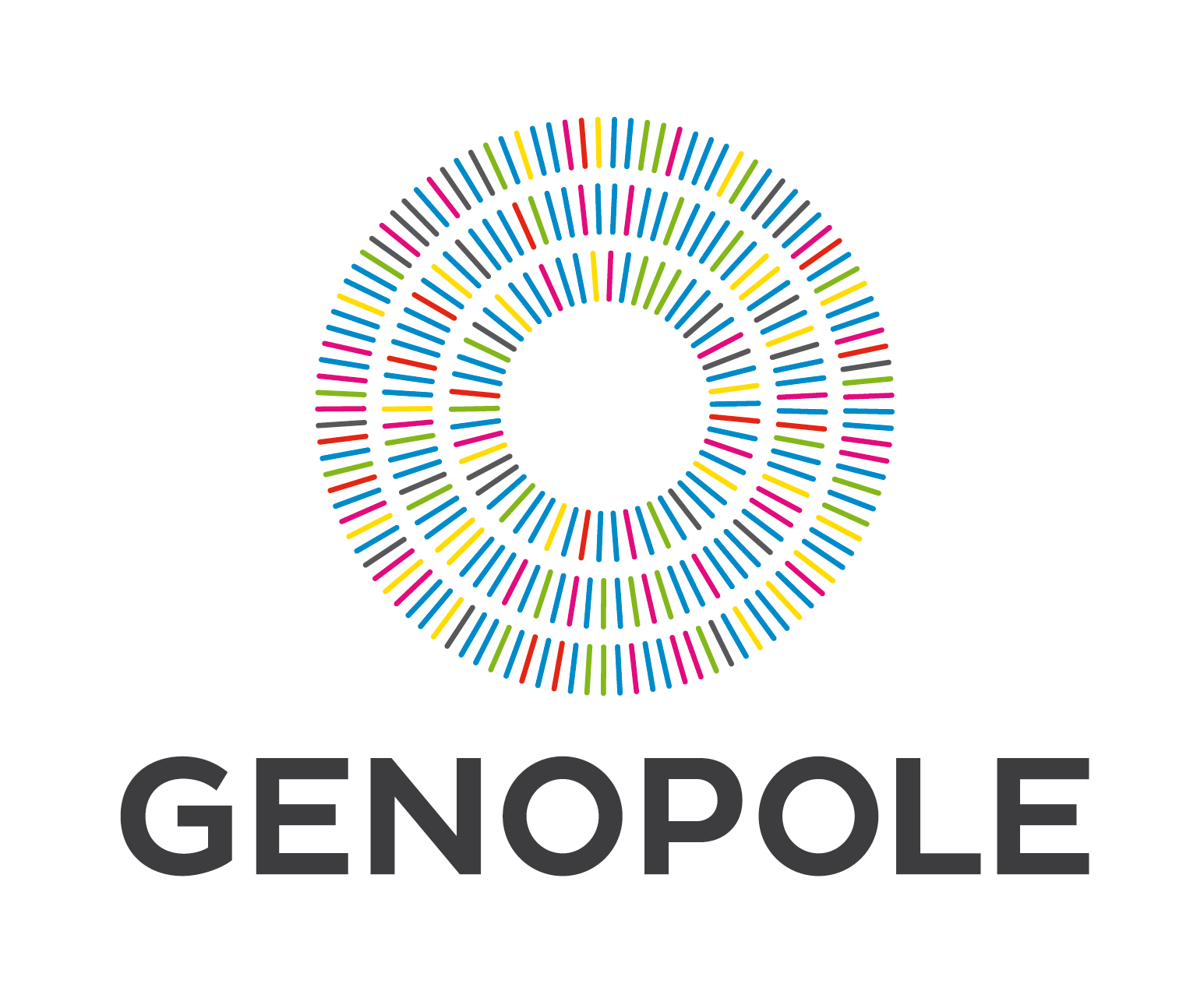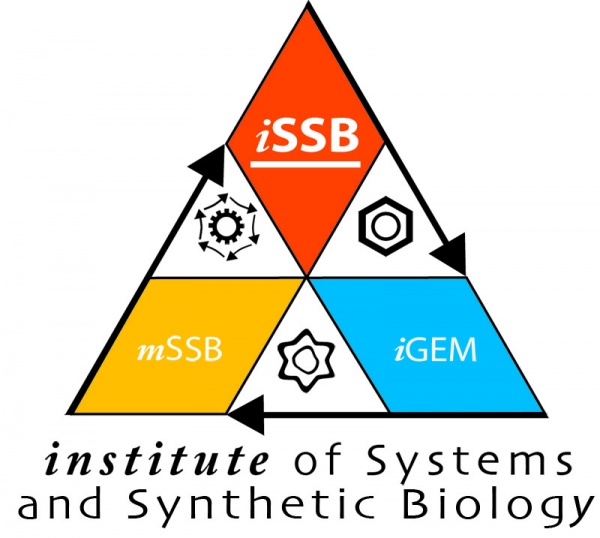Team:Evry/pop scale
From 2013.igem.org
Introduction
The Enterobactin production model showed us that our bacteria take too much time to produce enterobactins, which disables the flush strategy.
In response, we changed the strategy, by delivering a gel that would block the bacteria in the jejunum.
This model is thus very similar to the flush treatment model, except for the longer time scale, and the computational method.
Goal
This model was made to check if our first strategy was viable. It aims to answer the following question:
"Is it possible to chelate a significant amount of iron with a flush strategy?"
Assumptions
- No regulation of the patient's iron absorption
- Constant iron flow in the intestine
- Homogeneous fluid
- The bacterial natural absorption is insignificant compared to the chelation
- The patient ingests 20mg of iron per day (Guideline Daily Amounts)
Materials and methods
This model is based on a cellular automaton algorithm : both the bacteria and the enterobactins are cellular automaton.
The Figure 1 is a graph representing the influence between the system's variables.
|
The Figure 2 represents the bacterial automaton. It has two functions : the division and the ennterobactin production.
The bacteria produces enterobactins. This production is ruled by an activator. This activator is a step function (from 0 to 1) with a Ka threshold, fixed thanks to the sensor model:
 Where gauss is a gaussian noise.
Where gauss is a gaussian noise.
The enterobactins chelate iron. For this automoton, we have one rule : One Enterobactin atom can chelate one Iron molecule
Still, the automaton is ruled by an encounter probability: 
Where uniforme(0,1) is the uniform probability function.
Results
Parameter values
| Description | Value | Unit | Reference | |
| Iron absorption rate by the body | 0.2 | s-1 | ||
| Iron pulse value | 4.5.10-9 | mol-1 | ||
| Sact | 10**-9 | m | Duodenum length | [3] |
Models and scripts
This model was made using the Python language. You can download the python script here.
 "
"

















